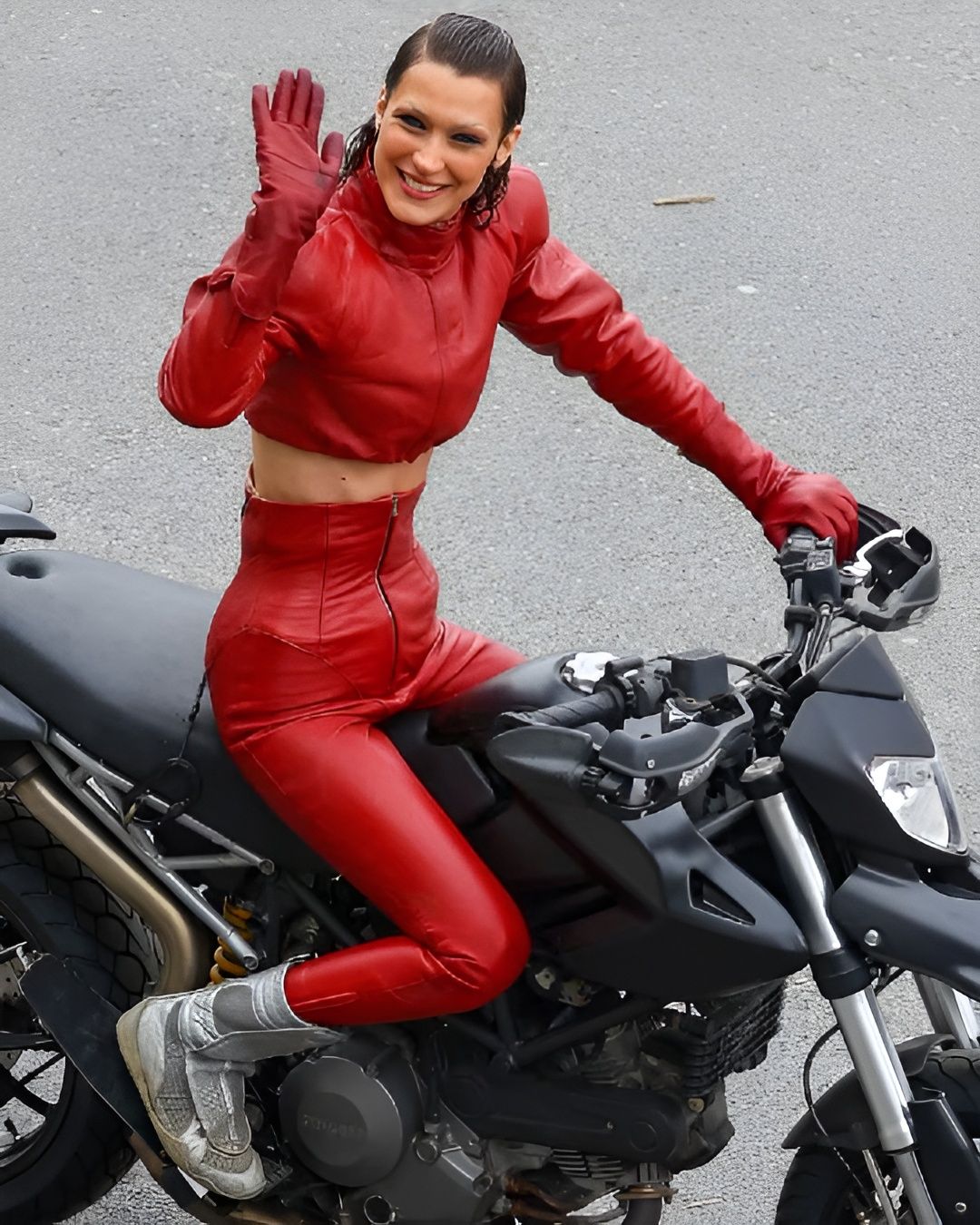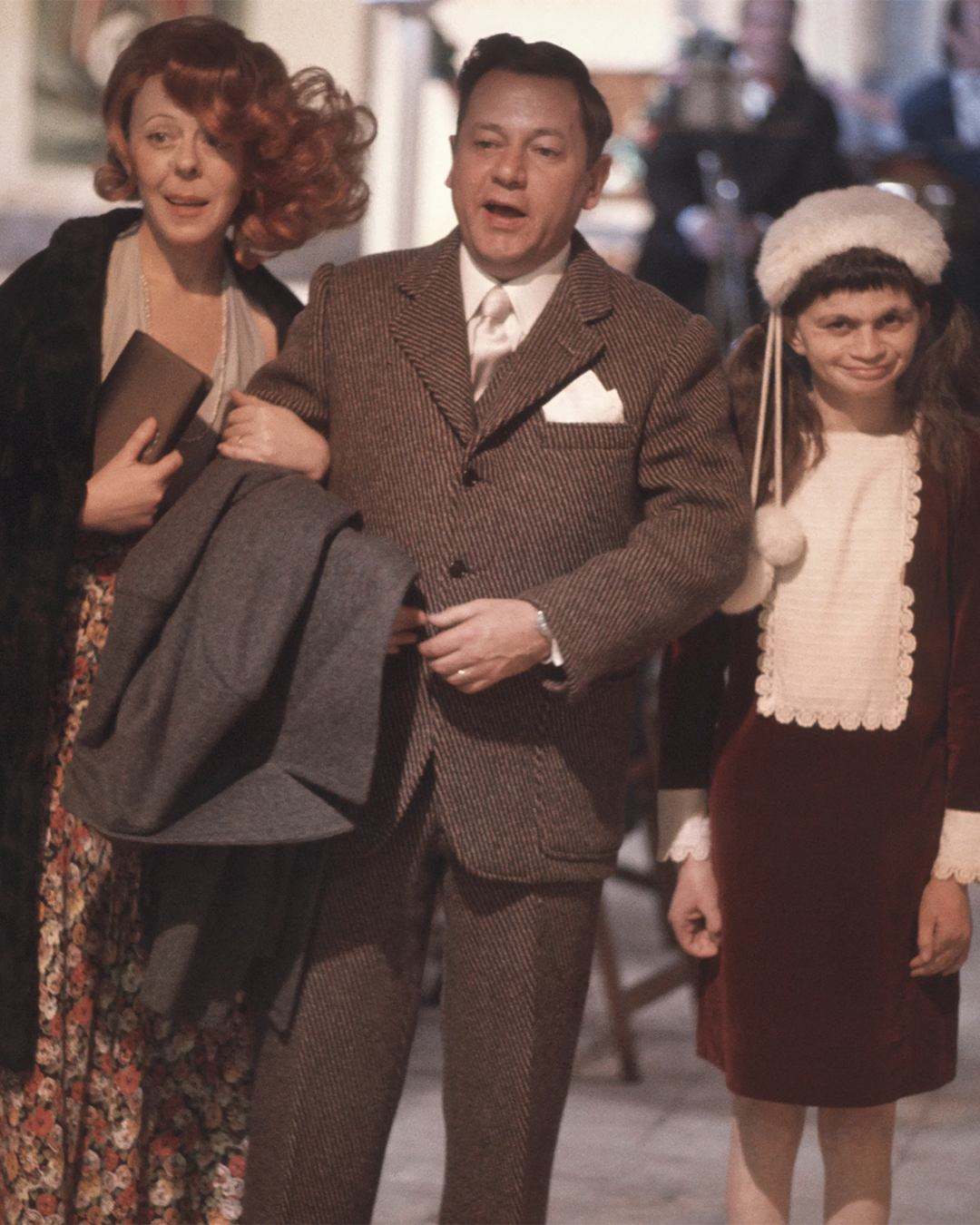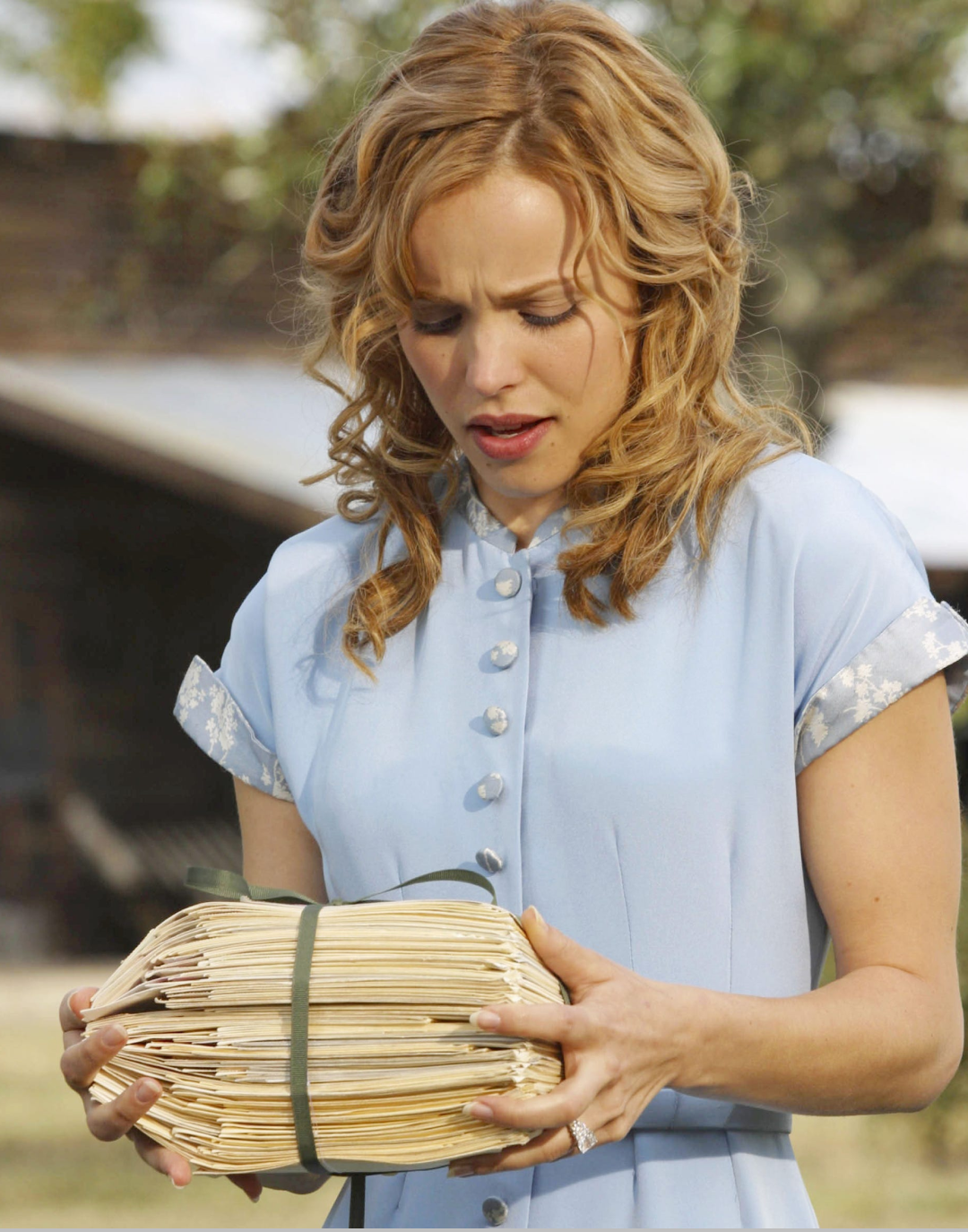
What the Black creators' TikTok strike is really about A protest to see their work recognized and credited, even in Italy
In that section of TikTok made of and thriving thanks to viral dances and easy-to-replicate choreographies - a very important section for the success and growth of the app - the platform algorithm makes a simple dance the phenomenon of the moment if revived and reinterpreted by a creator with a certain following. However, it happens very often that the original creators of these choreographies are Black creators, who don't get their mention, their credit, and in general the ownership and originality of their work are not recognized.
After the controversy that followed the appearance of Addison Rae, one of the most followed tiktokers in the world, on Jimmy Fallon's Tonight Show, where she performed in a series of viral dances created by Black creators that weren't even mentioned, the issue returned to the centre of the debate in mid-June, with the release of a new song by Megan Thee Stallion, which even from its lyrics is an invitation to dance.
As it often happens in these cases, it's a Black creator who first stages a choreography, giving life to the trend, but this time the Black creators have decided to stand up. Erick Louis, a 21-year-old from Florida, dancer and content creator, tells it well in a video, who after asking to be tagged in the dances that take the cue from his choreography, writes in large letters that the app without creator Black would be nothing. Hence the decision of many Black creators to strike, to prove and show their importance for the app. As a New York Times article reads, this isn't a real strike or boycott, as the creators keep posting, but they won't dance to Megan Thee Stallion's song. The main objective is to have one's work recognized and credited, in a broader attempt to oppose the platform's algorithm, accused several times of favouring the content and the profile of white creators, making them show up more often in the For You Page.
@theericklouis If y’all do the dance pls tag me it’s my first dance on Tik tok and I don’t need nobody stealing/not crediting
Thot Shit - Megan Thee Stallion
Although in smaller proportions, the debate has also landed in Italy, where on TikTok some of the most followed creators are Black - let's just think of Khaby Lame - and they don't necessarily only do dances. As noted in a video by @jeffjaos, many of the most followed creators on TikTok Italia are Black: @tiktokofbanana, @andrea.andreis, @naomiakano, @isabo.ita, @il_fake, @aidaadiouf, @raffaelebuffoni_. Although there is still no talk of a real strike, the awareness of how much the platform is in debt to the Black creators, often authors of trends and ballets that then go viral, begins to grow in Italy as well.
In Italy as in the United States, striking, or deciding to post less, represents a potential risk for those who have made social media their job. Posting less means having fewer interactions, less chance of ending up in FYP, and therefore going viral, leading the creator to earn less and less from their Creator Fund. Furthermore, with the end of the pandemic, the type of content that the most followed creators post is also shifting, transitioning from pure dances to find a style closer to a vlog that would be seen on YouTube, a transition that leaves even more behind the Black creators from which they drew inspiration and dances to grow their profile.
TikTok has made it known that it cares about the Black creators and that it works every day to create a welcoming and supportive environment for its community, but it's pretty clear that this strike goes beyond the issues related to social media and dances, and is instead a new chapter in the fight of the Black community for the recognition of its rights and its successes, a battle that Gen Z will not easily let go.













































